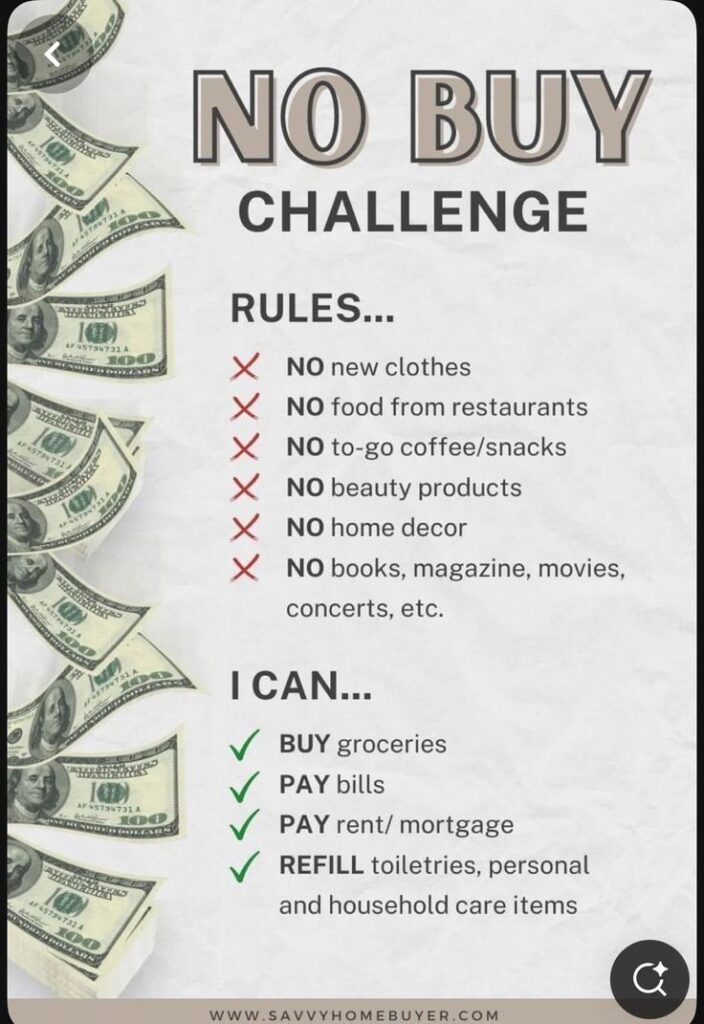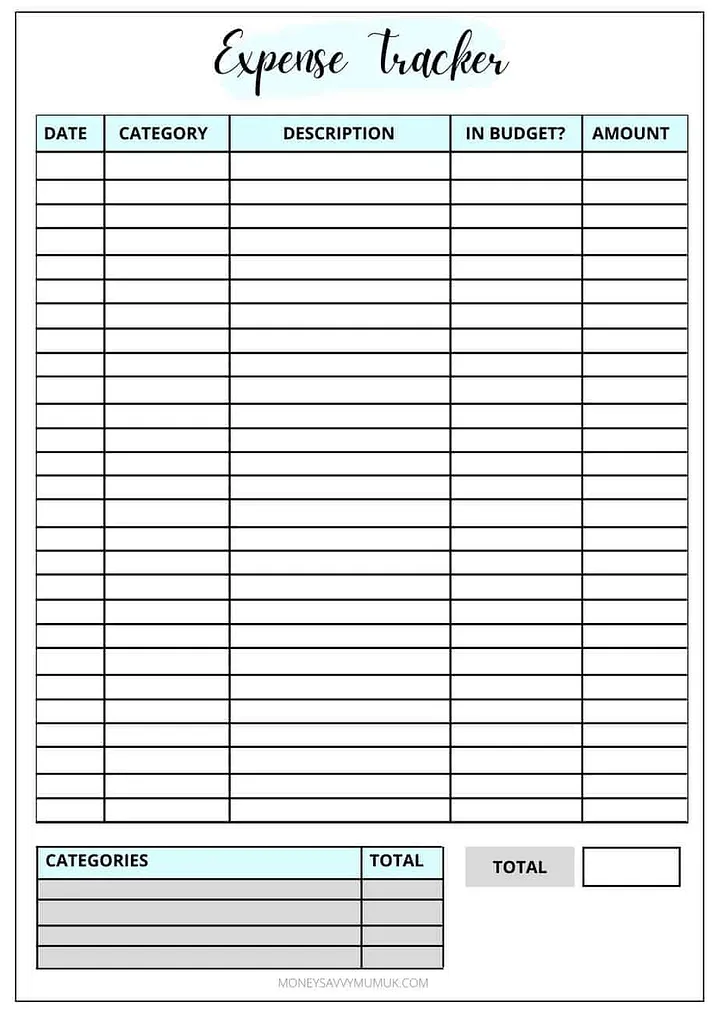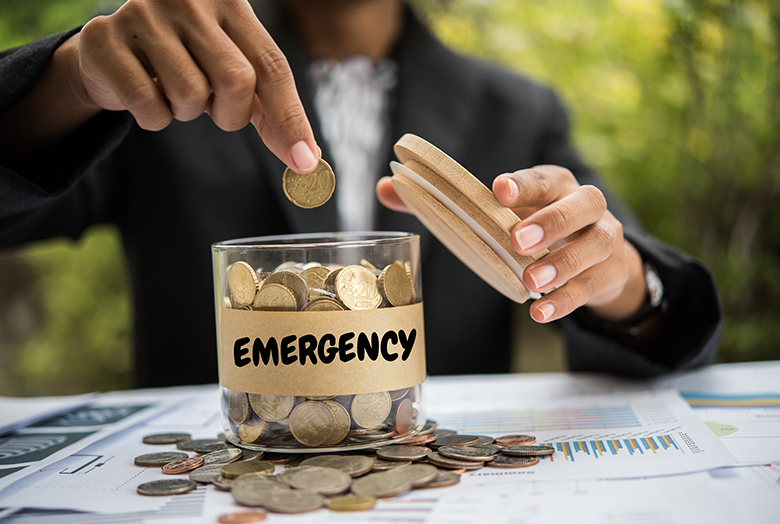As I mentioned earlier in one of my posts (scroll down to the part where I talked about making extra money), I do freelancing for a living. But it’s just for the meantime—I have other plans, which I may not share here. In the long run, I aim to scale up to something more sustainable and profitable.
I’m a Nigerian student struggling at Federal University, studying Statistics. School is tough, and the tuition fees have skyrocketed. Back then, we paid ₦14,000, but now it’s not less than ₦70,000. For freshers, it’s even worse—₦160,000 or more, which is ridiculous!
As a freelancer, living and studying in this kind of environment is difficult. Managing expenses is tough because money doesn’t last anymore, and the naira has lost value. However, the lower the value of the naira, the more I gain on Fiverr since payments are in dollars. But despite that advantage, freelancing is unpredictable—it’s uncertain and should be handled with care. You must always have an exit plan (which I won’t discuss in this article; I’ll cover it in my next post).
The purpose of this post is to share how I manage my finances. Freelancing offers flexibility and freedom, but it also comes with financial uncertainty. Without a stable paycheck, I’ve had to learn how to budget, save, and plan wisely to stay financially secure. Here’s how I manage my finances as a freelancer.
1. Setting a Monthly Budget

Since my income fluctuates, I base my budget on my lowest monthly earnings. This ensures that even in slow months, I can cover essentials.
Essentials (60%)
Essentials has to do with things I need the most, things you can’t do without and is necessary to survive. And they include Rent, food,bills and internet.
Savings & Emergency Fund (20%)
I believe in growing my income beyond freelancing, so I use 10% of my money for investments in side projects. This could be anything from starting a blog, buying online courses to improve my skills, or putting money into long-term opportunities that can generate more income over time.
Personal & Leisure (10%)

Life isn’t just about work and saving; I also set aside 10% of my income for enjoyment and self-care. This covers things like eating out, watching movies, or treating myself to something nice. It helps me stay balanced and avoid burnout while working as a freelancer.
2. Tracking Income & Expenses

To stay on top of my finances, I keep track of every amount I earn and spend. I use Google Sheets to manually log my income and expenses, which helps me see how much money is coming in and where it’s going. Sometimes, I also use finance apps to get a clearer picture of my spending habits. By doing this, I can quickly spot unnecessary expenses and adjust my budget when needed.
3. Building an Emergency Fund

credit: promiseland
Freelancing can be unpredictable, with some months bringing in great earnings and others being slow. To stay financially secure, I save enough money to cover at least 3-6 months of my living expenses. This way, if work slows down or unexpected costs arise, I won’t have to panic or struggle to pay my bills. Having an emergency fund gives me peace of mind and allows me to focus on my work without constantly worrying about money.
4. Avoiding Unnecessary Debt

credit:callminer
I only spend on what I can afford and avoid taking loans unless absolutely necessary. If I need a big purchase (e.g., a new laptop), I save for it instead of using credit.
5. Diversifying Income
Freelancing can be risky if I depend on just one client or platform. To avoid this, I make sure to have multiple income streams. Besides offering services on Fiverr, I also explore blogging, affiliate marketing, and selling digital products. This way, even if one source slows down, I still have money coming in from others. Having different income sources gives me financial security and helps me grow my earnings over time.
7. Paying Myself a Salary
Instead of spending all my earnings, I pay myself a fixed amount monthly and keep the rest as business savings. This helps me stay disciplined with spending.
Final Thoughts
Managing money as a freelancer requires discipline, but with proper budgeting, saving, and planning, I can stay financially secure even with an unpredictable income. Freelancing gives freedom, but financial stability makes that freedom sustainable.


